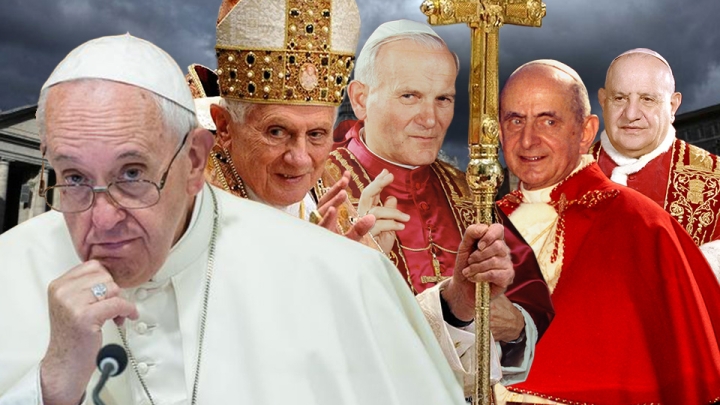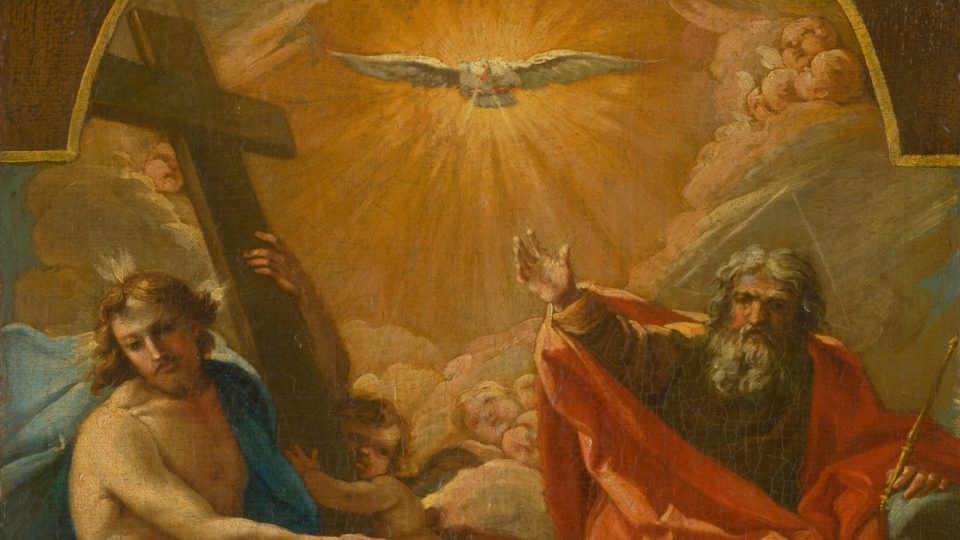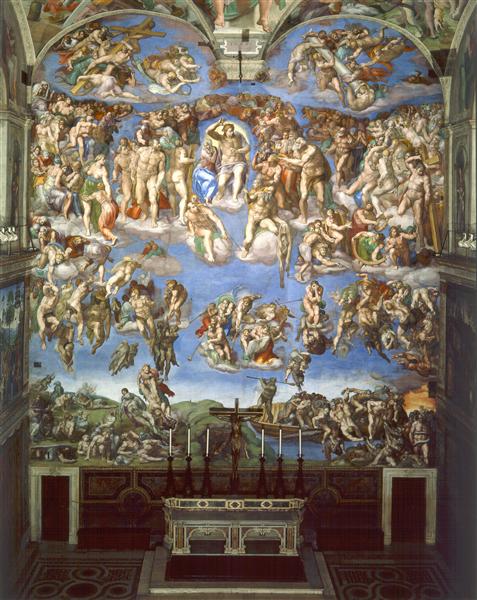Can the Pope be a Heretic? The Traditional Catholic Answer

Regime Christians Are Sadducees Who Don’t Care if Their Children Live Free, by John Zmirak
February 2, 2024
Catholic World News: Pope’s Lenten Message: Focus on ‘Integral Ecology’
February 2, 2024
The Remnant
By Robert Lazu Kmita, Remnant Columnist, Romania, The Remnant, January 30, 2024
In a homily on May 7, 2005, Pope Benedict XVI made one of the important statements regarding the authority of the Pope. The following words, in particular, have remained in my mind:
“The pope is not an absolute monarch whose thoughts and desires are law. On the contrary: The pope’s ministry is a guarantee of obedience to Christ and to his Word. He must not proclaim his own ideas, but rather constantly bind himself and the Church to obedience to God’s Word, in the face of every attempt to adapt it or water it down, and every form of opportunism.”[i]
As I will try to show in the end, the analogy between the authority of the Pope and that of absolute monarchs is one of the most important directions that can be followed to clarify the issue of the possibility of a heretical pope. The era of absolutism spans the 17th and 18th centuries in Europe. The most representative figure was the famous King Louis XIV of France (1638–1715), known to the world by his nickname le Roi Soleil (i.e., “the Sun King”). Without delving into details beyond the scope of this article, I will note the period when this new view of royal authority emerged: the 17th and 18th centuries. We will see later why this is significant. …




